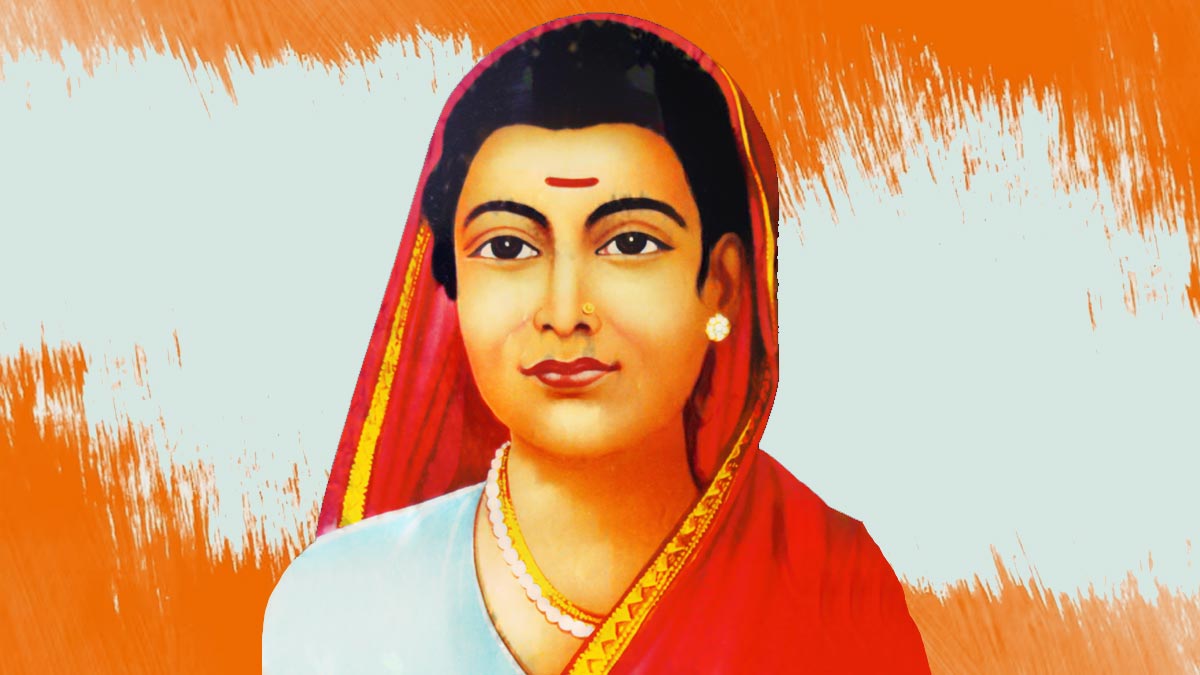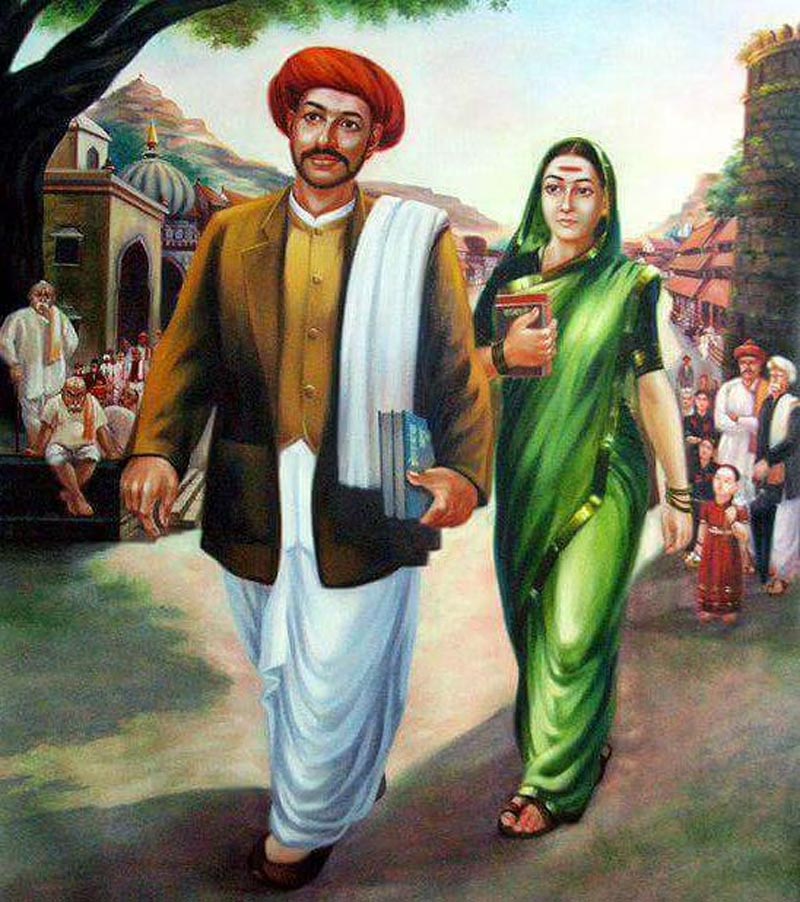
"I believe that education is the key to every woman’s liberation," said Savitribai Phule, an educationalist and Indian reformer who throughout her life fought for women's rights and equal opportunities for all. Phule stood against many social evils and emerged as the pioneer of India's feminist movement.
With our new series, Women Of History, we intend to celebrate women who played a key role in shaping India. This time, we will be taking you through the life of Savitribai Phule, a forgotten hero today, who struggled her whole life for women’s rights, equality and education.
Born in Naigaon, a small village in Maharashtra, Savitribai was always an ambitious child. She was the youngest of three siblings. She got married to Jyotirao Phule, a social reformist, at the age of nine in the year 1840.
Savitribai when married, was illiterate but her husband educated her. She also signed up for teacher training programs in Ahmednagar and Pune. Later, she along with her husband Jyotirao decided to open a school for girls. In the year 1948, Savitribai became India's first female teacher. Over the time, Jyotirao and Savitribai opened more schools for girls and women in surrounding villages with their education society in the year 1953.
What Savitribaibai Phule did with her husband to educate the society at an early age didn't go down well with many. However, nothing could stop her. She was often subjected to abuse. While on her way to school, dung was thrown at her. She started carrying a spare saree with her and would simply change into another saree and continue her work at school.

Other than educating women, she also worked for widows in the state. She opened a shelter for widows, poor women and child brides who had nowhere to go. Savitribai and Jyotirao had no children of their own. Savitribai adopted Yashwantrao, the son of a widow sheltered in her own institution for widows.
Back then the oppressed classes faced many challenges. They were even forbidden to drink water from the common village well. To help them, Savitribai along with her husband Jyotirao made a well in their own backyard and offered drinking water to all.
Don't Miss: Ahilyabai Holkar: The Lesser Known Story Of Malwa's Fearless Warrior
Satyashodhak Samaj was founded in the year 1873 by Jyotirao Phule in Pune. The intent was to educate and offer equal societal and political rights to underprivileged groups of the society like women and Dalits. Savitribai Phule also started the practice of Satyashodhak Marriage where couples pledged to education and equality. Following her efforts towards the society, the British government declared her the best teacher in the state. After husband Jyotirao's demise, she took over the Satyashodhak Samaj completely.

Savitribai Phule never gave up to societal norms throughout her life. Even when her husband passed away, she was the one who lit his funeral pyre which is largely prohibited in Hindu culture.
Don't Miss: Kamaladevi To Durga Bai: 5 Lesser-Heard Indian Women Revolutionaries
In the year 1897, the bubonic plague took over Maharashtra. Savitribai Phule helped many infected members of society during this time. Unfortunately, while taking a plague victim to the hospital, she got infected too and breathed her last on March 10, 1897.
Also watch this video
Herzindagi video
Our aim is to provide accurate, safe and expert verified information through our articles and social media handles. The remedies, advice and tips mentioned here are for general information only. Please consult your expert before trying any kind of health, beauty, life hacks or astrology related tips. For any feedback or complaint, contact us at [email protected].